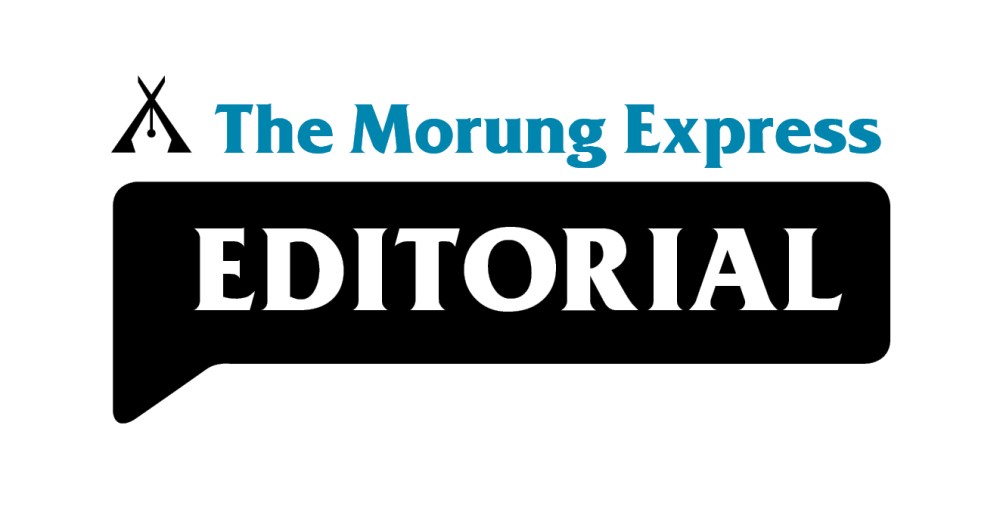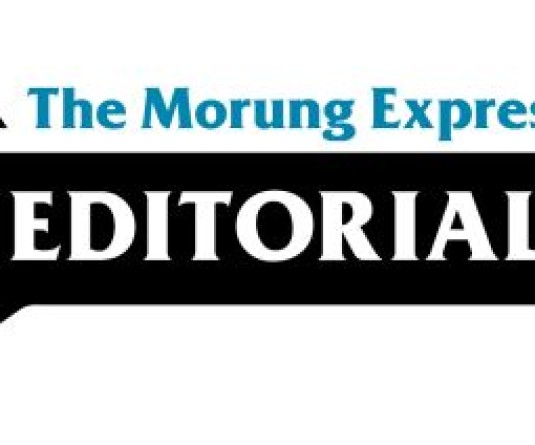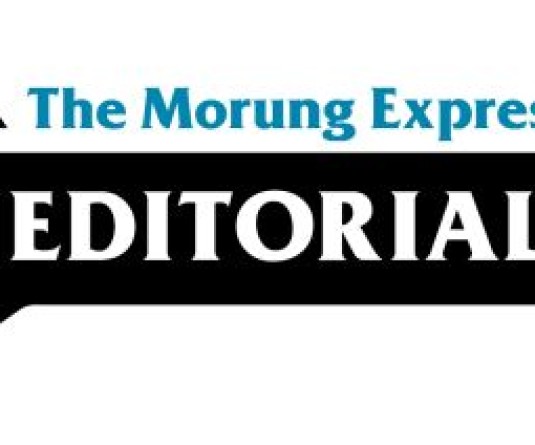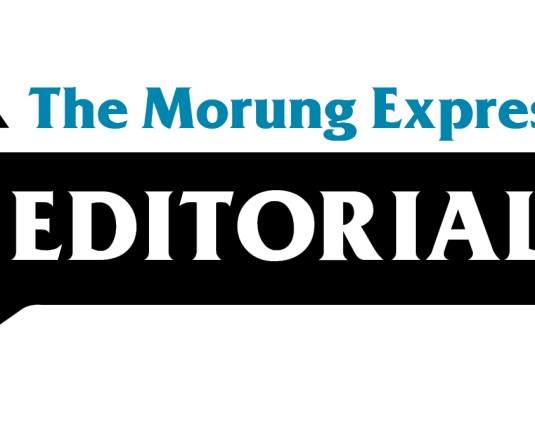
By Akangjungla
A quiet crisis is unfolding in the settings of Naga public discourse. The media landscape of Nagaland, once a channel for community and verified information, is being reshaped at a week, often unsettled, pace. In this new era, news no longer travels at the speed of verification, but at the speed of reaction. The race to break stories first, to gain clicks and win fleeting attention, has a steady casualty: the truth.
Today, the news headlines are sharper, emotions run higher and opinions consistently outrun facts. The digital age has armed everyone with a “printing press,” turning many into “reporters” without the corresponding burden of accuracy. Rumours, half-told stories and unverified screenshots are consumed as gospel long before journalists can even reach the scene. In this noisy, crowded arena, the vital line between informing the public and merely entertaining them has been dangerously blurred.
The consequences are evident daily. Some stories are exaggerated to inflame passions; others are softened to please powerful interests; and many more are ignored altogether to avoid discomfort or controversy. When journalism becomes a matter of convenience, truth only when it suits, silence when it does not, it fails in its most fundamental duty as a public service.
This is not merely a problem for newsrooms. It is a societal ailment that affects the collective ability to think clearly and act wisely. When citizens are fed a diet of sensational fragments instead of substantiated facts, public opinion becomes misinformed, polarised and dangerously easy to manipulate. Trust, the very foundation of a healthy society, erodes. Distrust rises. In Nagaland’s close-knit communities, where word-of-mouth has always been powerful, rumours now travel faster and further than truth, with real-world consequences for harmony and progress.
It is time for journalism in Nagaland to reclaim its core purpose.
The state needs journalists who are committed to the unglamorous, essential work of investigation, verification and holding power accountable. The state needs reporters who perform for the public, not for applause; who chase substance, not just viral moments; and who serve the whole community, not feed factional narratives. A reminder is needed for all, courageous journalism is not necessarily loud; it is accurate. It asks difficult questions even when the answers make people in high places uncomfortable. It strives to report the full story, not just the part that will trend on social media. The path forward demands a collective effort, from journalists recommitting to their ethics, from citizens demanding better, and from the public pausing to verify before any information is shared.
Comments can be sent to akangjungla@gmail.com






